
Safety Guide for Traveling in Japan
Japan is known for being one of the safest countries in the world, making it a popular destination for travelers seeking a worry-free experience. However, like any trip, it’s important to stay informed about potential risks and take basic precautions to ensure a smooth and enjoyable journey. This guide covers essential tips for staying safe in Japan, from understanding local customs to preparing for natural events, and what to do in case of emergencies.
Contents
1. Overview of Safety in Japan
2. Knowing Emergency Numbers and Resources
3. Cultural Awareness and Etiquette
4. Preparing for Natural Disasters
6. Health Precautions and Medical Facilities
1. Overview of Safety in Japan
Japan is widely regarded as a very safe country, with low rates of violent crime and theft. The country’s strong culture of respect, strict laws, and organized public services contribute to a secure environment for locals and travelers alike. Nonetheless, it’s always wise to stay vigilant, particularly in busy urban areas where petty theft can occur, and to be mindful of your belongings.
2. Knowing Emergency Numbers and Resources
In Japan, the emergency number for police is 110, and the number for fire or ambulance services is 119. Many major cities, including Tokyo and Kyoto, have multilingual assistance hotlines that can help travelers navigate emergency situations. Additionally, the Japan National Tourism Organization (JNTO) offers a 24-hour helpline (050-3816-2787) for visitor assistance, which is useful for various non-emergency situations.
3. Cultural Awareness and Etiquette
Being culturally aware and respecting local customs is essential in Japan. The Japanese place high value on politeness and social harmony, so be mindful of etiquette. Avoid speaking loudly in public places, respect queueing, and remember to remove your shoes when entering someone’s home or certain traditional spaces. Familiarizing yourself with basic customs not only enhances your experience but also fosters a positive interaction with locals.
4. Preparing for Natural Disasters
Japan is located in a region prone to earthquakes, tsunamis, and typhoons. When you arrive, it’s helpful to know the emergency evacuation routes in your accommodation and familiarize yourself with local emergency alerts. Consider downloading the Japan Shelter Guide or Yurekuru Call apps, which provide real-time updates and guidance in case of natural disasters. Staying informed and aware of local safety measures is essential to your safety during your visit.
5. Transportation Safety Tips
Japan’s public transportation system is efficient and secure, making it safe to use at any time of the day or night. When using public transit, keep an eye on your belongings, especially during rush hours when trains and buses are crowded. Taxis in Japan are also highly reliable, with drivers who are typically courteous and honest. If renting a car, be cautious, as driving can be challenging in cities due to narrow roads and unfamiliar traffic signs.
6. Health Precautions and Medical Facilities
Japan has high-quality healthcare, but medical expenses can be costly for travelers without insurance. It’s recommended to have travel health insurance that covers international healthcare costs. Many hospitals and clinics in larger cities offer English-speaking services. In case of minor ailments, Japan’s convenience stores and pharmacies are well-stocked with basic medications, often clearly labeled in English for ease of use.
7. Avoiding Common Scams and Tourist Traps
Scams are rare in Japan, but it’s wise to stay alert, especially in crowded tourist areas. Be cautious of anyone offering unsolicited services, and avoid overly persistent vendors in popular spots. Some bars and nightclubs in entertainment districts like Roppongi and Kabukicho may add unexpected “service charges” to bills, so check prices carefully beforehand. If unsure, seek recommendations for reputable establishments.
8. Personal Safety Tips for Solo Travelers
Japan is a popular destination for solo travelers due to its safe environment, but it’s always prudent to take personal safety precautions. Avoid isolated areas late at night, especially in unfamiliar neighborhoods. Share your travel itinerary with someone back home, and keep a local emergency contact number saved in your phone. Solo travelers can feel secure and comfortable exploring Japan with these simple precautions.
Japan is one of the safest places to visit, thanks to its organized society, low crime rates, and respectful culture. By being mindful of local customs, staying informed about emergency procedures, and preparing for natural events, you can ensure a safe and enjoyable trip. With these safety tips in mind, you’ll be ready to explore Japan confidently and make the most of your travels.
Share
You may also like
-

Visiting Japan’s Love Hotel Districts: What to Expect
Japan’s love hotel districts are famous for their unique and fascinating blend of privacy, creativity, and a touch of...
-

Top 10 Late-Night Dining Spots in Tokyo’s 24-Hour Cafes
Tokyo’s vibrant nightlife extends well beyond bars and nightclubs, with a thriving late-night dining culture tha...
-
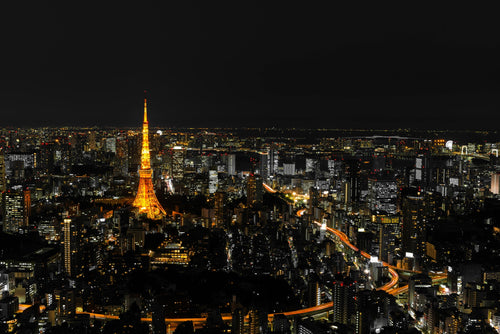
Best Night Tours in Tokyo for After-Dark Adventures
Tokyo’s nightlife is renowned for its energy, vibrancy, and unique blend of traditional and modern experiences. From ...
-
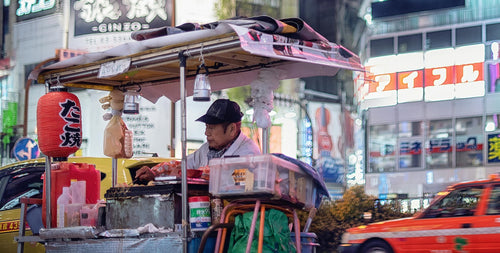
Japan’s Late-Night Food Culture: 8 Best Street Eats
Japan’s late-night food culture is a vibrant experience, especially in bustling cities like Tokyo and Osaka, where de...
-
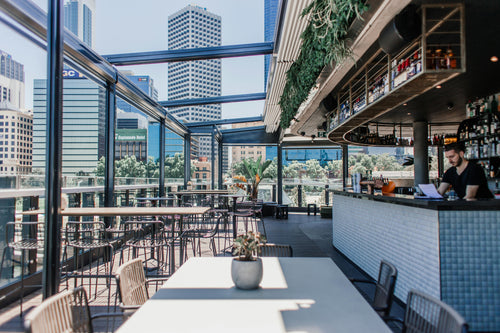
7 Rooftop Bars in Tokyo for Stunning Views
Tokyo’s rooftop bars offer some of the best ways to soak in the city’s skyline while enjoying drinks, atmosphere, and...
-

10 Best Nightclubs in Tokyo for Dancing and Music Lovers
Tokyo's nightlife is renowned for its variety and energy, with nightclubs that range from high-energy dance floors to...
-

8 Themed Bars and Cafes You Need to Visit in Tokyo
Tokyo is famous for its creative and quirky themed bars and cafes, offering immersive experiences for locals and...
-

Tokyo Nightlife Guide: Shinjuku, Shibuya, and Roppongi Highlights
Tokyo’s nightlife is legendary, offering a mix of vibrant energy, entertainment, and unique experiences in some of it...
-
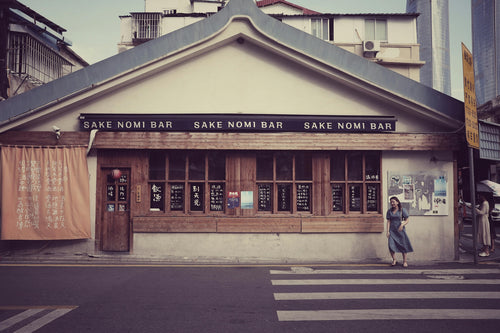
7 Best Japanese Sake Bars in Tokyo
Tokyo is home to some of Japan’s best sake bars, offering both locals and visitors an opportunity to explore the...
-
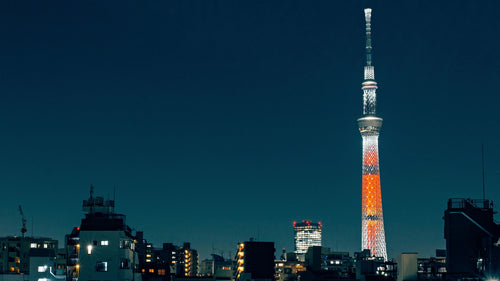
Top 6 Observation Decks in Tokyo for Scenic Views
Tokyo’s observation decks offer some of the best panoramic views of the city, giving visitors a chance to see th...
-
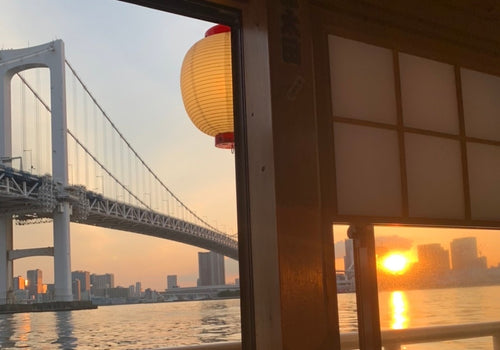
Night Cruises in Tokyo: Enjoy the City Views
Tokyo’s skyline is mesmerizing at any time, but experiencing it from the water on a night cruise adds a magical ...
-
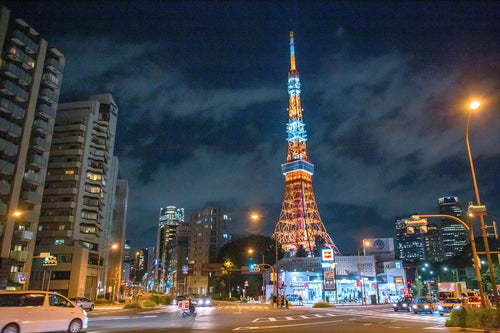
Roppongi Art and Nightlife Guide
Roppongi is one of Tokyo’s most vibrant districts, known for its lively nightlife, sophisticated art scene, and ...
-
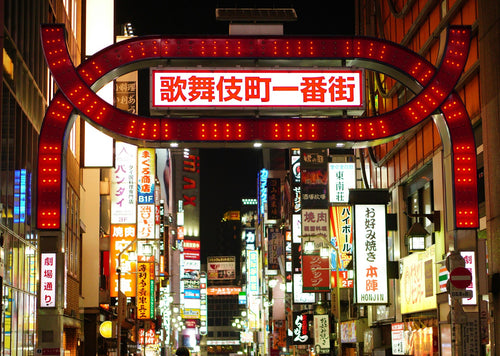
Nightlife Guide to Shinjuku Kabukicho
Shinjuku’s Kabukicho district, known as Tokyo’s “Sleepless Town,” is the center of nightlife in Tokyo. Renowned ...
-
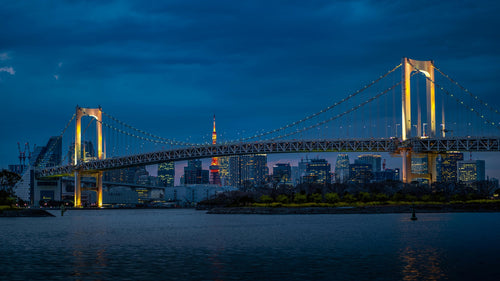
6 Best Night View Spots in Tokyo
Tokyo at night is a breathtaking spectacle, with illuminated skyscrapers, iconic landmarks, and bustling streets that...
-
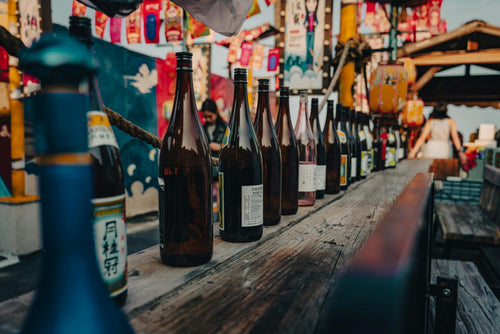
Top 12 Sake Breweries in Japan for Tasting and Tours
Japan’s sake culture is celebrated around the world for its depth, complexity, and rich history. Sake, or nihons...
-
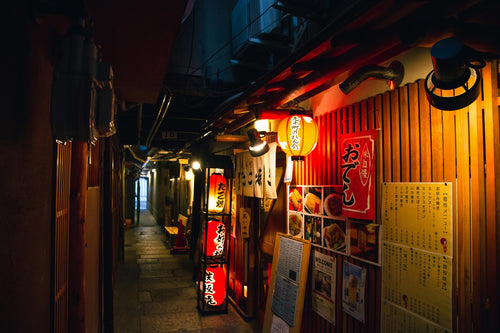
How to Enjoy a Night at a Japanese Izakaya
Japanese izakayas are casual, lively spots where locals gather after work to enjoy drinks, share small plates, a...
-

Exploring Karaoke Culture in Japan: 8 Best Places to Sing
Karaoke is an integral part of Japanese culture, offering a fun and entertaining way for friends, family, and even co...
-
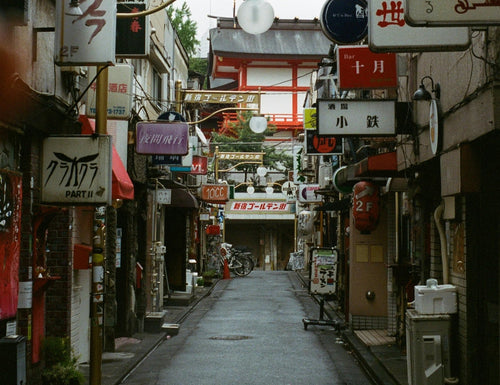
5 recommended bars in Golden Gai
Golden Gai, nestled in the heart of Tokyo’s Shinjuku district, is one of the city’s most iconic bar districts. Known ...
-
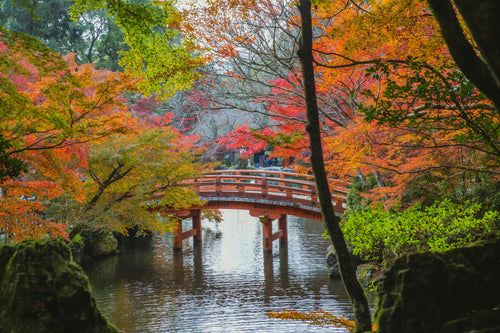
10 Japanese Gardens You Should Visit for Tranquility
Japanese gardens are renowned for their beauty, tranquility, and intricate designs that reflect harmony with nature. ...
-
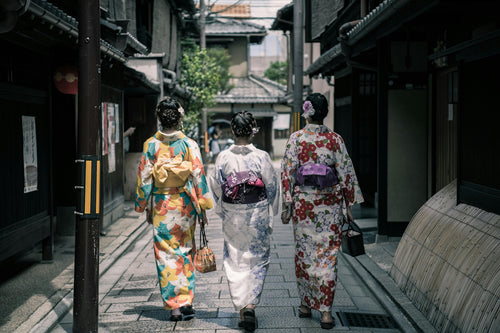
Japan’s Kimono Heritage: Symbolism, Style, and Where to See
The kimono, Japan’s traditional garment, is a beautiful and symbolic representation of Japanese culture. From its int...
-
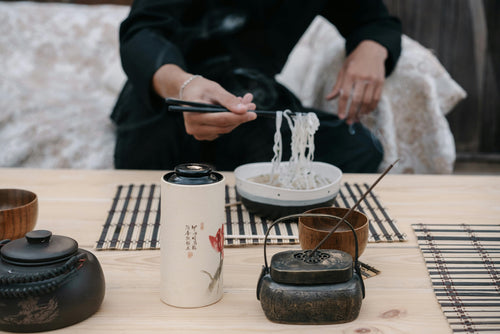
Etiquette Essentials for Visitors to Japan
Japan’s culture is rich in respect, politeness, and consideration, making etiquette an essential part of daily l...
-

7 Best Places to Discover Japan’s Samurai History
Japan’s samurai history is one of honor, skill, and deep cultural influence, stretching back centuries and leaving an...
-
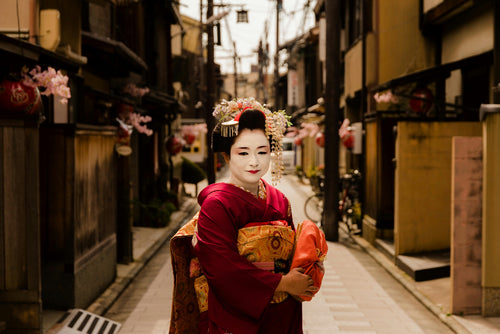
Geisha Culture in Japan: Myths and Realities
The world of geisha, Japan’s skilled performers and keepers of traditional arts, has long intrigued people around th...
-
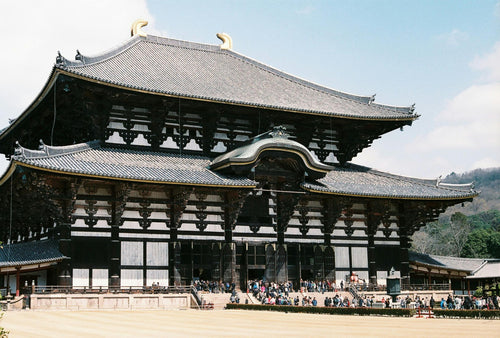
Japan’s Unique Architecture: Top 8 Traditional and Modern Landmarks
Japan is renowned for its unique blend of ancient architectural heritage and cutting-edge modern designs. From c...
-
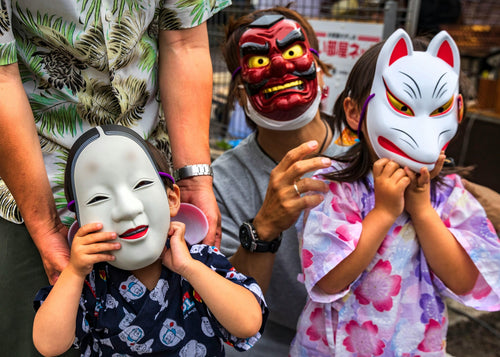
10 Traditional Japanese Festivals (Matsuri) You Can’t Miss
Japanese festivals, or *matsuri*, are vibrant celebrations of cultural heritage, featuring elaborate costumes, l...
-
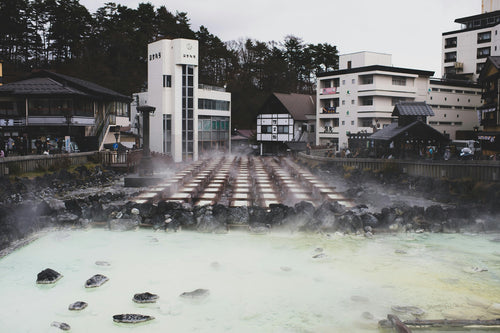
Japan’s Three Great Onsen: A Guide to Famous Hot Springs
Japan is famous for its natural hot springs, or *onsen* (温泉), offering visitors a unique opportunity to relax and rej...
-

Japanese Art Exploration: Best Spots to Enjoy Art in Japan
Japan is a country rich in artistic heritage, from centuries-old traditional crafts to modern, innovative instal...
-

Guide to Japan’s Fireworks Festivals: When and Where to Go
Japan’s summer fireworks festivals, known as "hanabi taikai" (花火大会), are among the most anticipated events in th...
-
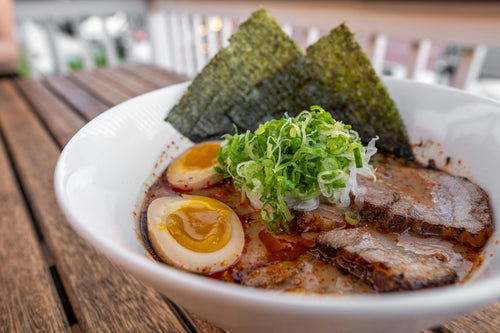
Where to Experience Ramen-Making Classes in Japan
Ramen is one of Japan’s most beloved dishes, with countless regional styles and flavors that attract food lovers from...
-
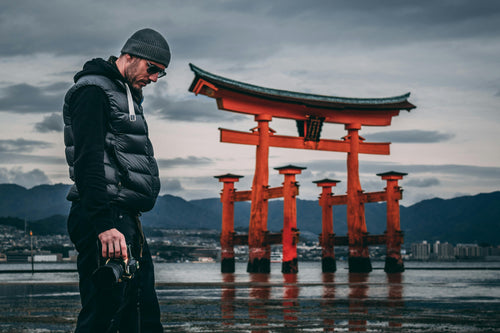
Power Spot Tours: Japan’s Famous Temples and Shrines
Japan is a land steeped in spiritual history, and visiting its temples and shrines provides not only a glimpse i...
-
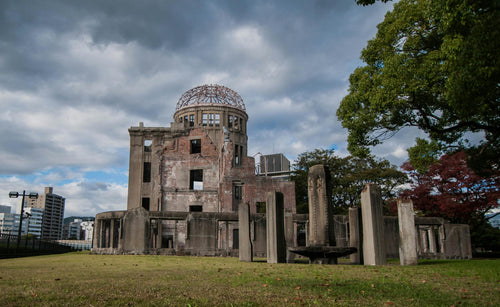
UNESCO World Heritage Site Tour Guide in Japan
Japan is home to numerous UNESCO World Heritage Sites, each offering a glimpse into the country’s rich cultural herit...
-
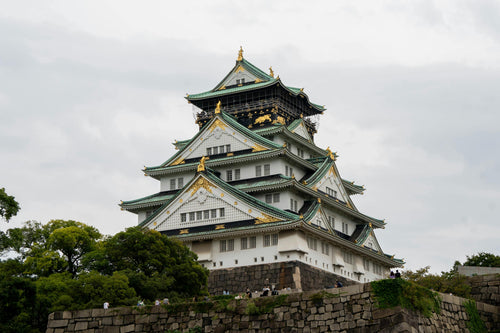
5 Famous Japanese Castles: History and Highlights
Japan is home to some of the most beautiful and historically significant castles in the world. Built during the feuda...
-
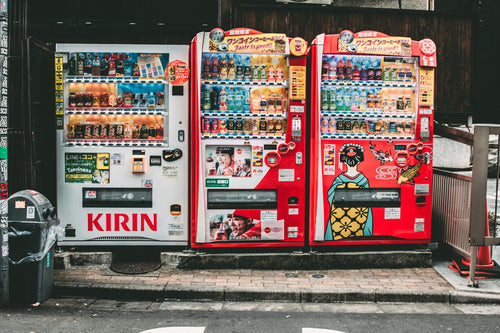
10 Unique Drinks to Try from Japanese Vending Machines
Japan is famous for its vending machines, offering an incredible variety of drinks that go beyond just soft drinks an...
-
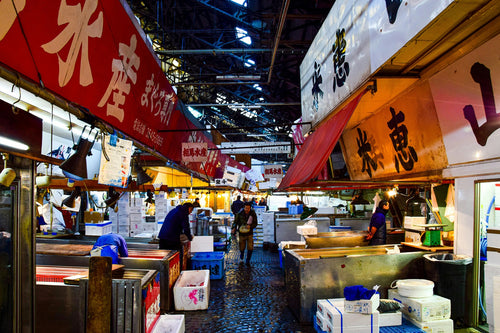
Tokyo Market Guide: Exploring Tsukiji and Toyosu Markets
Tokyo's Tsukiji and Toyosu Markets are must-visit spots for food lovers and anyone interested in Japan’s rich culinar...
-
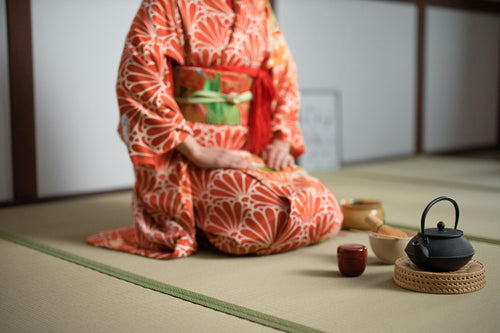
Experiencing Traditional Tea Ceremony in Tokyo
The Japanese tea ceremony, or "chanoyu," is a cultural experience steeped in tradition, aesthetics, and mindfulness....
-
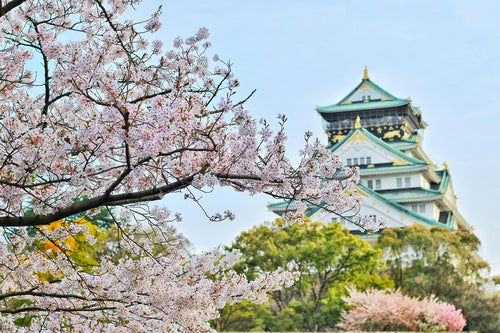
Top 7 Cherry Blossom Viewing Locations in Tokyo
Springtime in Tokyo is synonymous with the cherry blossom season, a breathtaking period when the city’s parks, rivers...
-
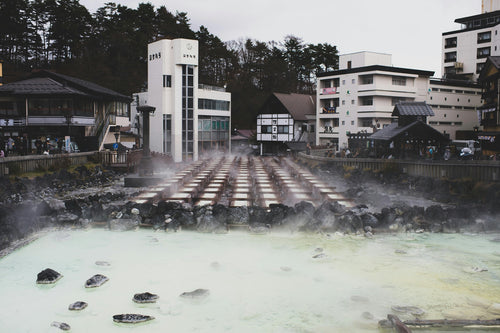
What is Onsen? A Guide to History, Benefits, and Etiquette
Onsen, Japan’s cherished hot spring culture, offers a unique blend of relaxation, scenic beauty, and deep-rooted trad...
-
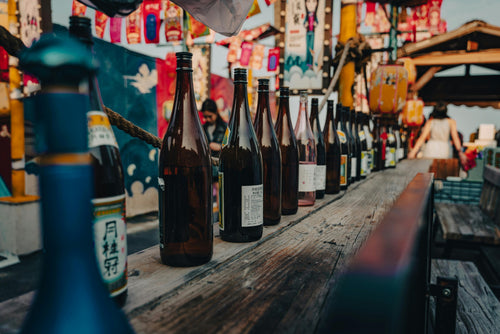
What is Sake? Its Production Method and History
Sake is a traditional Japanese alcoholic beverage made from fermented rice. It has been enjoyed in Japan for over a t...
-
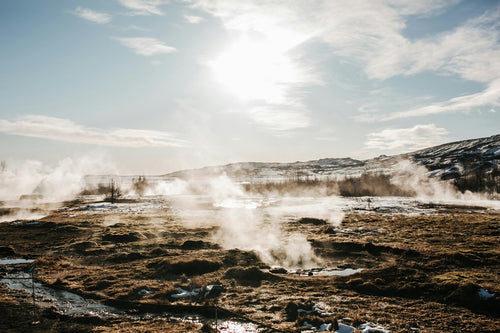
8 hot springs with beautiful scenery near Tokyo
Tokyo is a bustling metropolis, but just outside the city are some of Japan's most serene hot springs, or onsens, off...
-

Top 10 museum to visit in Tokyo
Tokyo is home to a diverse range of museums that cater to all interests, from art and history to technology and pop c...
-
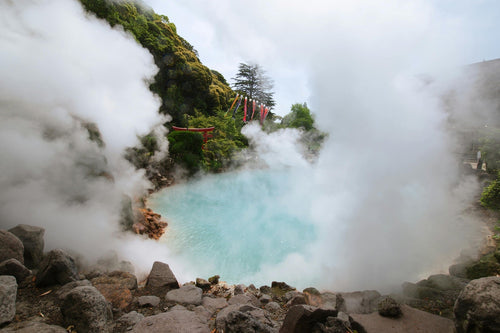
9 Best Hot Spring and Bathhouse in Tokyo
Tokyo is known for its vibrant urban energy, but it's also a fantastic place to relax and rejuvenate in hot springs (...
-
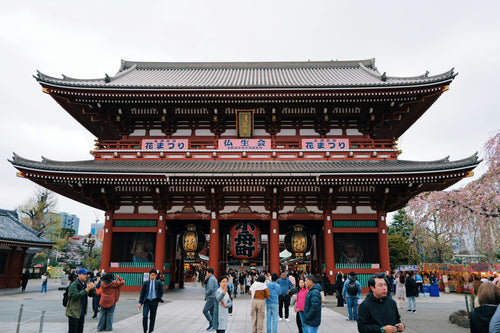
15 Famous Temples and Shrines to Visit near Tokyo
Tokyo and its surrounding areas are home to many famous temples and shrines that showcase Japan's rich spiritual and ...










































